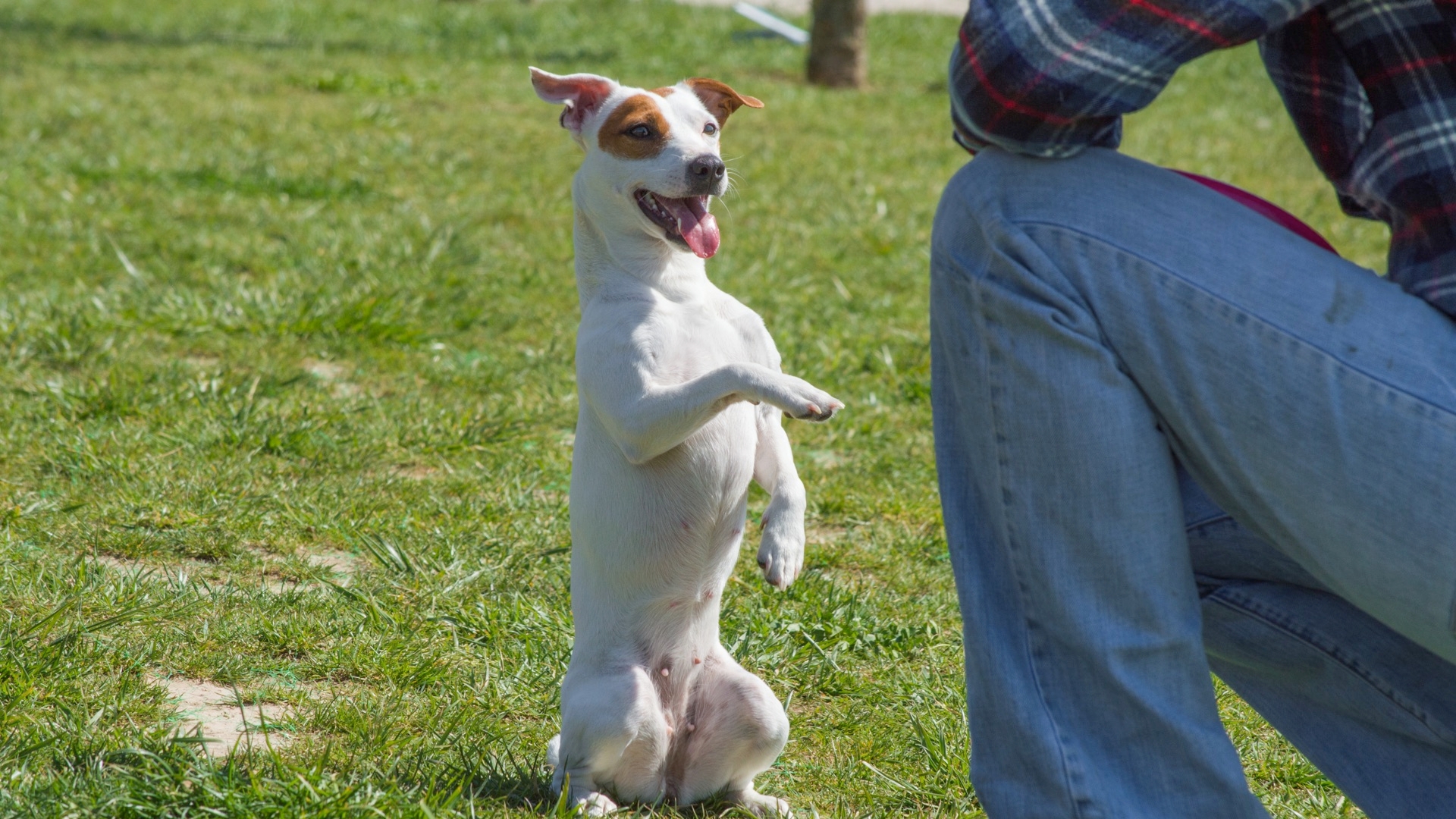Dog Training:
The tag "dog training" relates to: dog, dog behavior, dog breeds, dog care, dog history, pet care, pet training, pets, positive reinforcement, and responsible pet ownership. For more tags, view our complete tag index.
The following blog entries have been tagged "dog training".

A dog trainer is someone who trains basic to advanced training cues, teaches a dog polite manners, or trains a dog to participate in different dog sports and activities. A canine behavior consultant focuses on treating behavioral disorders and other issues, such as separation anxiety, noise phobia, aggression, fear, resource guarding, etc. A behavior consultant focuses their education on learning in-depth dog cognition, ethology, and applied behavior analysis.

Think of a trainer you recognize as an expert. Now, think of the characteristics that inspire you to call that person an expert. Is it the person's knowledge, skills, charisma, confidence, reputation, or ... something else? This short article will highlight the most essential characteristics that expert animal trainers exhibit.

Many behaviors that are entirely natural for dogs and cats—like barking or meowing, scratching, biting, digging, chewing, escaping, and running away—can be challenging for some pet parents. Although advice abounds in the form of popular TV shows, books, and well-meaning friends and family, the best and most efficient way to resolve your pet's behavior problems is to seek assistance from a qualified professional.

Positive reinforcement, an effective and humane method rooted in the science of operant conditioning, is beneficial for dog training. This approach involves rewarding good behavior, thereby encouraging its repetition and fostering a strong bond with your dog. Positive reinforcement aids in preventing behavioral issues by teaching dogs the desired actions instead of punishing undesirable behavior. Implementing this method requires identifying behaviors to encourage, determining your dog's preferred rewards, timely rewarding, consistency, patience, and refraining from punishment or physical force.

With the wide variety of dog trainers available and the differing skills and educational levels, you will no doubt encounter diverse opinions when talking to trainers, reading their websites, and getting ideas from former clients, friends, and others. While the internet has been an excellent tool for education, it has also helped propagate many myths about dog training.





